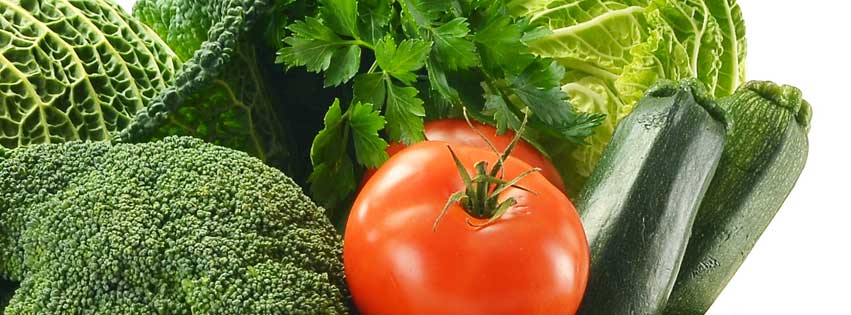
Are you interested in becoming a food vendor at a local farmers’ market? The Peoria City/County Health Department receives multiple phone calls each year from residents on this topic. Different vendors offering a variety of food items will require different types of licensure, as follows.
Fresh Produce
Let’s start with fresh produce, which includes fresh fruits, vegetables, leafy greens, grains, seeds, beans, nuts, popcorn kernels and herbs. Selling these products requires no license if it is field-harvested, whole, uncut and rinsed only to remove large clumps of dirt and debris. Pure, unadulterated honey may also be sold if the seller produces less than 500 gallons a year and observes proper federal labeling laws.
Eggs & Meats
Interested in selling farm-fresh eggs or frozen meats? The Peoria City/County Health Department requires a license as well as mechanical refrigeration or freezers to ensure foods are kept at a proper temperature. Fresh eggs must be stored at or below 45°F, and frozen foods must be maintained frozen. Sellers need to have at least a limited egg license and/or a meat and poultry broker’s license issued by the Illinois Department of Agriculture. Eggs can be candled, cleaned and packaged on the farm while chicken, beef, pork and some other meats must be processed and packaged in a USDA-inspected facility.
Cottage Foods
Cottage food vendors can sell pre-packaged baked goods, canned jellies, jams, acidified vegetables, candies and a variety of other products. If you are interested, you must complete an American National Standards Institute (ANSI)-approved Certified Food Manager Course and register with the county in which you reside. There is no fee to register in Peoria County; registration must be done annually.
Labeling requirements for cottage foods are strict. Each prepackaged item must include the address where it was produced, an ingredient list by weight, common allergens and the phrase: “This product was produced in a home kitchen not subject to public health inspection that may also process common food allergens.” It’s a great option for anyone wanting to test their baking skills or start a small business, but a number of specific items cannot be sold due to food safety, including: meats, cheesecakes, pumpkin pies, creme pies, garlic in oil, fresh or dehydrated tomatoes or melons, non-cultivated mushrooms, sprouts and kombucha. A full list of prohibited foods can be found at pcchd.org.
Fresh-Made Foods
The last licensing option to sell food at local farmers’ markets is a temporary license. If you want to sell fresh-made products such as donuts, pretzels, omelets or any other food products that require preparing or handling, a temporary license will be required. This would also include any pre-packaged item that requires temperature control. Foods must be made on-site or in a licensed establishment and transported to the market—they may not be cleaned, prepared or packaged in an unlicensed location or at home. PM
- Log in to post comments

